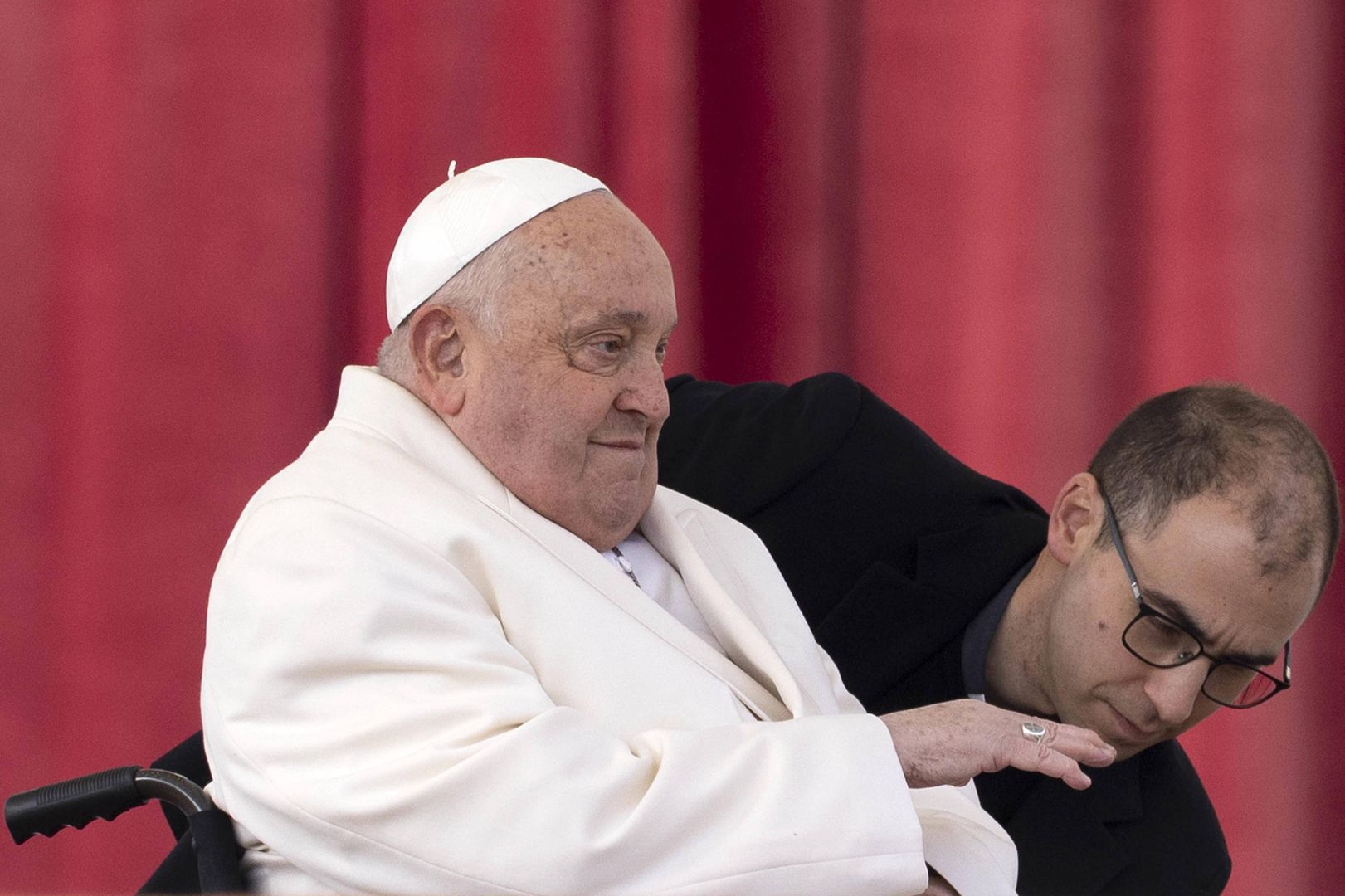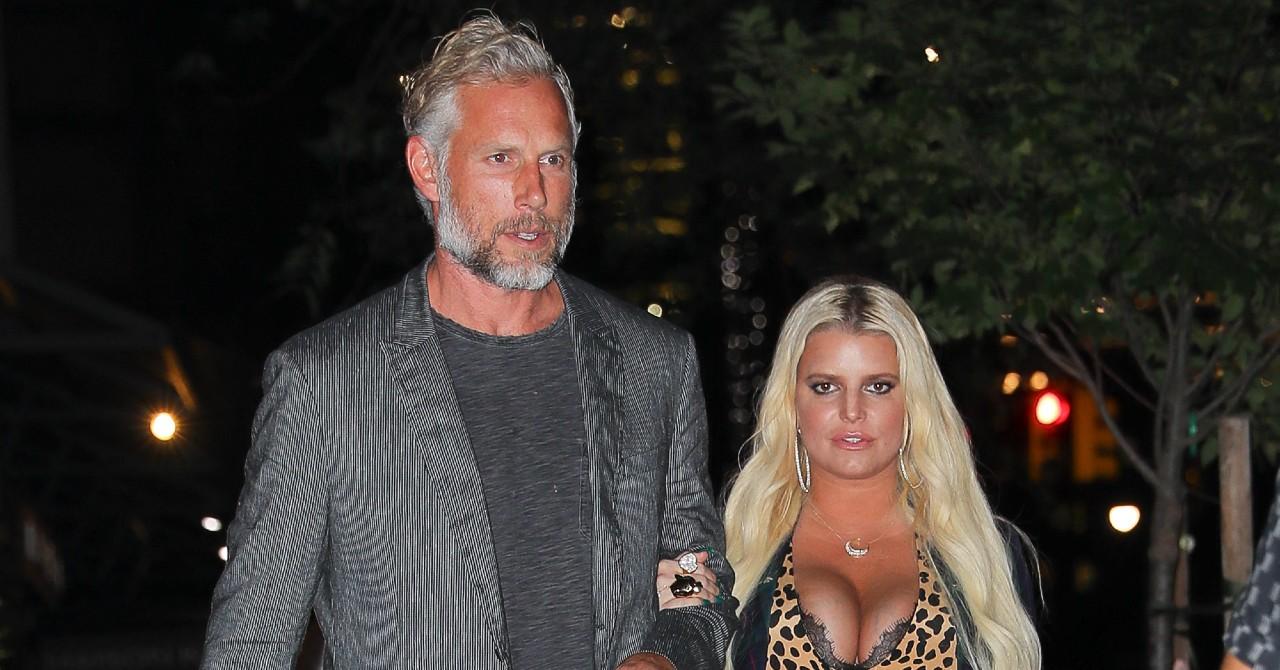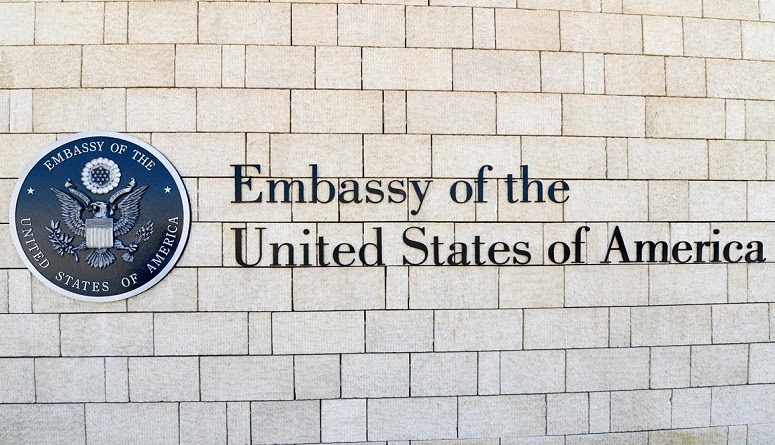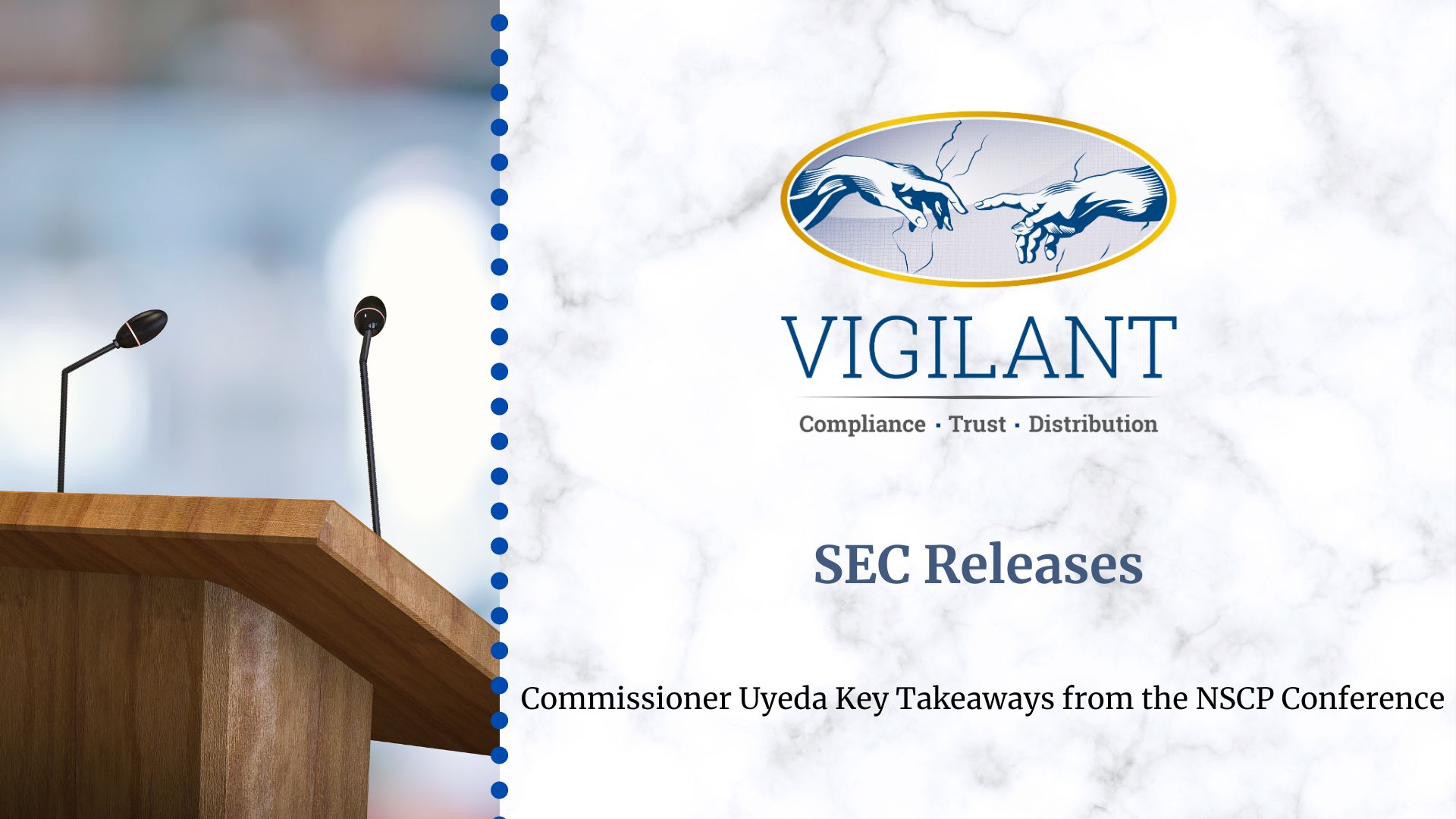The Next Pope: Exploring Potential Successors To Pope Francis

Table of Contents
Key Qualities of a Potential Successor
The College of Cardinals, responsible for electing the next Pope, will prioritize several key qualities. The choice will be a delicate balance of tradition and the need to address modern challenges facing the Church.
Theological Conservatism vs. Progressive Reform
The next Pope will need to navigate the complex interplay between upholding traditional Catholic doctrines and addressing contemporary issues. This involves finding common ground between varying theological viewpoints within the Church hierarchy.
- Conservative viewpoints: Emphasis on traditional interpretations of scripture, a strict adherence to Church doctrine regarding issues like abortion and same-sex marriage, and a focus on maintaining established liturgical practices.
- Progressive viewpoints: A more open approach to dialogue on social issues, a willingness to engage with modern scientific and cultural developments, and a focus on social justice and inclusivity.
- Key theological issues: The selection process will undoubtedly consider the candidate's stance on issues such as clerical celibacy, the role of women in the Church, and the Church's response to climate change and economic inequality. These are all factors that will heavily influence the Cardinals' choices.
Administrative Experience and Managerial Skills
Leading the Vatican and the global Catholic Church demands exceptional managerial skills. The next Pope must be an effective leader capable of managing vast resources, coordinating diverse departments, and making crucial decisions impacting millions.
- Strong administrative backgrounds: Cardinals with experience in diocesan administration, leading Vatican departments, or managing large-scale international projects will likely be favored.
- Challenges of managing the Vatican: The Vatican City State is a unique entity, requiring a leader with diplomatic skills and a deep understanding of international relations. Internal Vatican politics are also a crucial aspect that the next Pope will have to navigate.
- Global understanding: Effective leadership requires understanding the diverse needs and challenges faced by the global Catholic Church, across varying cultures and socio-economic contexts.
Global Reach and Cross-Cultural Understanding
The Catholic Church is a global institution, requiring its leader to connect with a vast and diverse population. The next Pope needs to understand and appreciate different cultural traditions and sensitivities.
- Cultural understanding: This includes acknowledging the richness and complexity of Catholic traditions in different parts of the world, and addressing the unique challenges faced by Catholic communities in various regions.
- Addressing global issues: A critical aspect will be the ability to address global challenges such as poverty, climate change, social injustice, and migration. The next Pope must present solutions and offer guidance on these pressing issues.
- International connections: Cardinals with strong international networks and experience working with diverse communities will be seen as valuable assets.
Potential Candidates and Their Profiles
Several prominent Cardinals are frequently mentioned as potential successors to Pope Francis. While predicting the future is impossible, analyzing their profiles offers valuable insights.
Cardinal [Cardinal's Name 1]:
- Brief Biography: [Insert brief biography of Cardinal 1, highlighting key positions and achievements]
- Theological Stances: [Summarize their theological leanings, mentioning specific views on key issues]
- Strengths: [List their strengths as a potential Pope, e.g., strong administrative skills, experience in diplomacy, charisma]
- Weaknesses: [Mention any potential weaknesses, e.g., lack of experience in a specific area, controversial past statements]
- Key Achievements: [List some significant accomplishments throughout their career]
Cardinal [Cardinal's Name 2]:
[Repeat the format above for Cardinal 2, and additional Cardinals (at least 2-3 more)]
The Conclave and the Election Process
The election of a new Pope is a significant event, governed by a strict protocol. Understanding the process is crucial to appreciate the weight of the decision.
The Role of the College of Cardinals
The College of Cardinals, composed of cardinals under the age of 80, are responsible for electing the next Pope. They convene in a secret conclave to deliberate and cast their votes. The process emphasizes secrecy and prayerful discernment.
Secrecy and Papal Election Protocol
The secrecy surrounding the conclave is paramount. The cardinals are sequestered, with strict regulations governing communication and external contact to ensure an uninfluenced decision-making process.
The Significance of the Election
The papal election has global ramifications. The new Pope's leadership will impact millions of Catholics worldwide and influence the Church's direction for years to come. It’s an event with significant political and social implications, shaping global discourse on faith and societal issues.
Conclusion
The question of "who will be the next Pope?" remains unanswered, but exploring the potential successors provides crucial context. Analyzing candidates' theological views, administrative capabilities, and global vision helps to anticipate the future of the papacy. Understanding the conclave and election process underscores the gravity of this pivotal moment. To stay informed about the latest developments and potential candidates for the next Pope, continue to follow reputable news sources and analysis on this crucial topic. The selection of the next Pope will undoubtedly shape the future of the Catholic Church for years to come.

Featured Posts
-
 The Mystery Of Sylvester Stallones Limited Role In The New Jason Statham Action Movie
May 12, 2025
The Mystery Of Sylvester Stallones Limited Role In The New Jason Statham Action Movie
May 12, 2025 -
 Jessica Simpson Delights Fans With Performance After 15 Year Hiatus
May 12, 2025
Jessica Simpson Delights Fans With Performance After 15 Year Hiatus
May 12, 2025 -
 I Nea Tainia Netflix Me Toys Clooney And Sandler Jay Kelly Ploki Ithopoioi Kai Perissotera
May 12, 2025
I Nea Tainia Netflix Me Toys Clooney And Sandler Jay Kelly Ploki Ithopoioi Kai Perissotera
May 12, 2025 -
 Regalo Inusual De Uruguay A China Claves Para El Exito Exportador Ganadero
May 12, 2025
Regalo Inusual De Uruguay A China Claves Para El Exito Exportador Ganadero
May 12, 2025 -
 Speedway Classic Key Takeaways From Commissioner Manfreds Discussion
May 12, 2025
Speedway Classic Key Takeaways From Commissioner Manfreds Discussion
May 12, 2025
